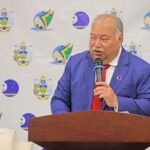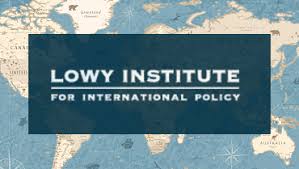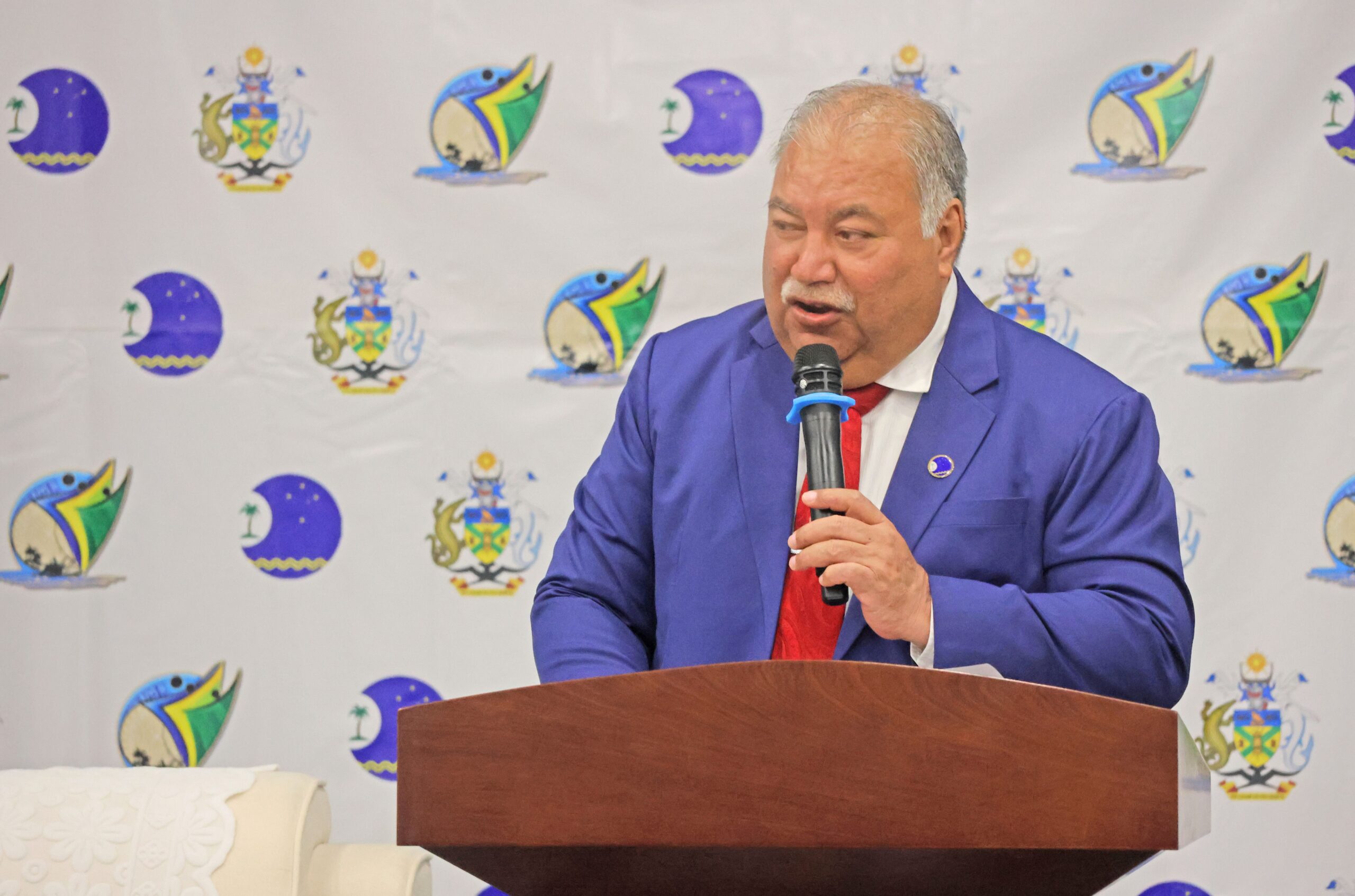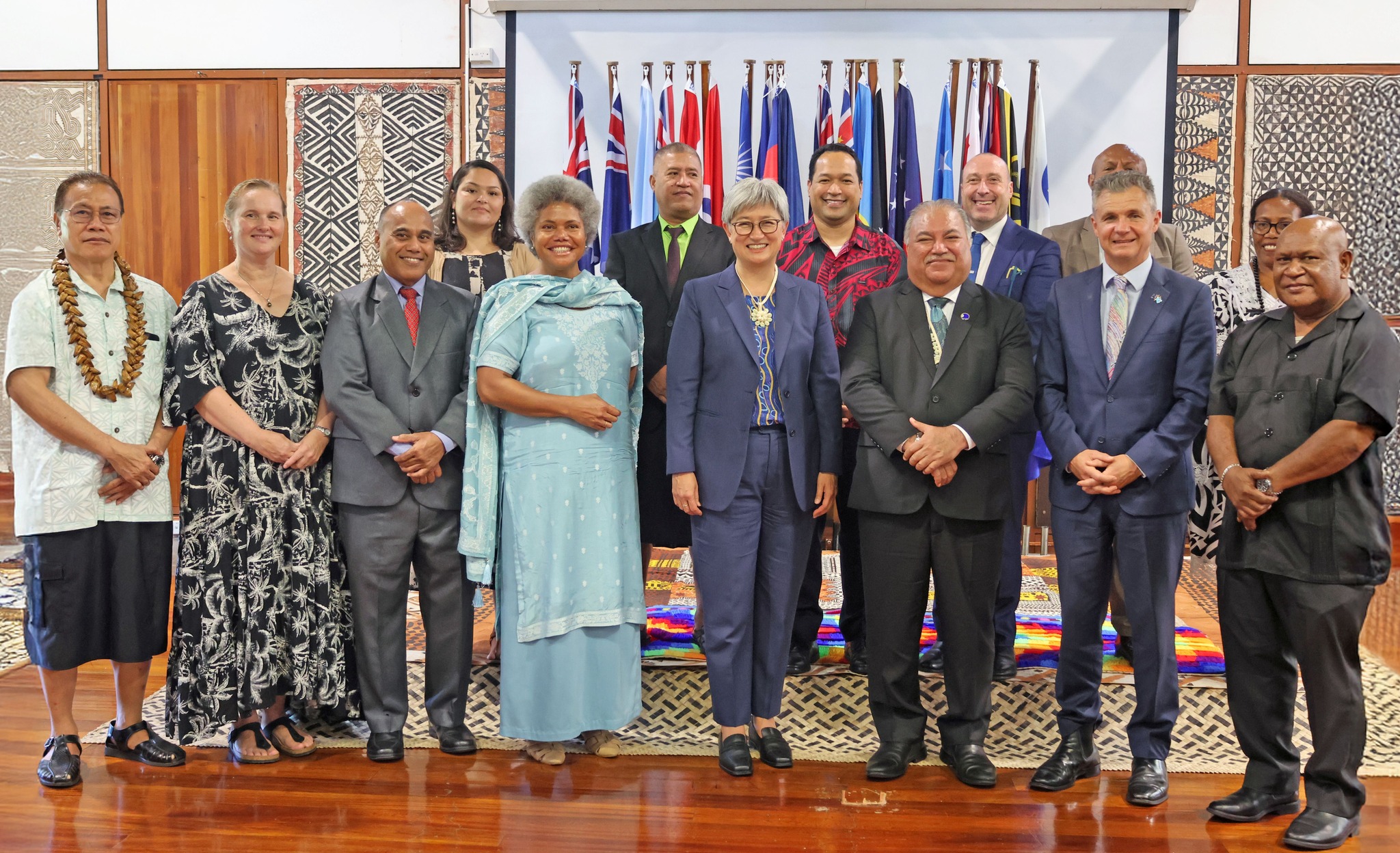by Tusi Tala, Staff Writer
As geopolitical competition intensifies in the region, Pacific island nations are actively seizing the opportunities it presents, according to a recent study released by a well-known Australian think tank.
The report from the Lowy Institute, titled “The Great Game in the Pacific Islands,” highlights how island nations are capitalizing on the competition among major powers to negotiate advantageous deals that maximize development benefits. However, the study also warns that unchecked strategic rivalry poses risks to governance and transparency.
The Institute notes that this heightened competition could complicate efforts by Pacific Island countries to address challenges such as climate change, corruption, political instability, post-pandemic debt issues, and rapid population growth.
Researchers Mihai Sora, Dr. Jessica Collins, and Dr. Meg Keen from the Lowy Institute point out that the Pacific region is increasingly crowded with various powers competing for influence. While China is expanding its presence through diplomacy, infrastructure projects, and development financing, traditional partners like Australia and the United States are working to maintain their influence.
Despite these dynamics, the report suggests that more can be done to support the overall development and security of Pacific countries. It emphasizes the need for a focus on the region’s most critical needs and calls for efforts to enhance the development and security trajectory of Pacific nations.
Key findings of the report include the growing competitiveness and dynamism of the Pacific’s geopolitical landscape, with China challenging the longstanding dominance of Australia, the United States, and New Zealand. The report highlights the strategic interests of major powers in the region and the potential for geopolitical shocks that could disrupt political, economic, and security frameworks in the Pacific. Additionally, it stresses the increasing risks of climate change and the importance of addressing economic challenges and political instability in the region. Pacific Island countries are also advocating more assertively for their interests in international engagements, seeking improved agreements on trade, labor mobility, digital connectivity, and climate resilience. They are pushing for stronger partnerships with traditional allies to reduce aid dependency and promote economic development.














